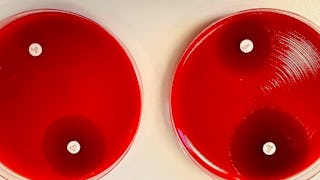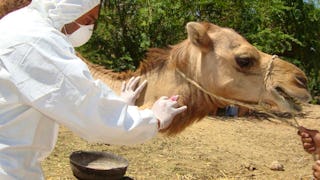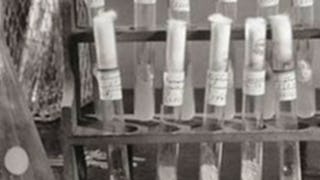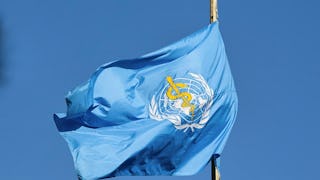Sonar-Global is a collaborative work to mobilize social sciences against infectious threats. It is a sustainable international network to strengthen the active participation of the social sciences in the prevention and response to infectious threats, including those posed by antimicrobial resistance (AMR) and vaccine hesitancy.



The Social Dimensions of Antimicrobial Resistance


Instructors: Danny de Vries
Access provided by SGCSRC
What you'll learn
To render visible the social dimensions of AMR
To learn about social science perspectives and tools
To learn about interdisciplinary collaboration
Skills you'll gain
Details to know

Add to your LinkedIn profile
6 assignments
See how employees at top companies are mastering in-demand skills

There are 4 modules in this course
This module introduces the course, presents the definitions of AMR and social sciences, and explore the complexity of AMR. Also, introduces AMR from a biomedical and social science perspective and shows the role that social science/social scientists play(s) in this field.
What's included
7 videos11 readings2 assignments3 plugins
This module aims to portray the social science dimensions of AMR from a micro (individual) to a macro (governance) level. The level of people and the public, people’s experiences with and knowledge of antimicrobials and the relation with its provision, consumption and the wider infrastructures will be explored.
What's included
7 videos8 readings1 assignment
This module aims to portray the social science dimensions of AMR from a micro (individual) to a macro (governance) level. In terms of systems and environments, insights will be provided on the dynamics and interactions related to the relevant systems surrounding AMR and the internal and external influences. The development and implementation of AMR policies from a local to a global level and the matter of AMR framing will be covered, related to AMR institutions and policies.
What's included
8 videos9 readings2 assignments
This module aims to portray interdisciplinary, collaborative ways of bringing about change in the field of AMR. It will reflect upon how to work on AMR collaboratively while also zooming into the synergies and tensions of working together between different disciplines. Moreover, it will present social science methods - social survey, participant observations, interviewing and implementation science - to achieve AMR transformations in terms of behaviour change and community engagement and awareness.
What's included
4 videos8 readings1 assignment8 plugins
Offered by
Why people choose Coursera for their career




Explore more from Social Sciences

Technical University of Denmark (DTU)

University of Geneva

Stanford University


